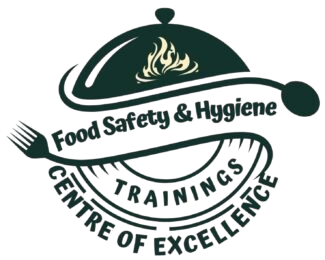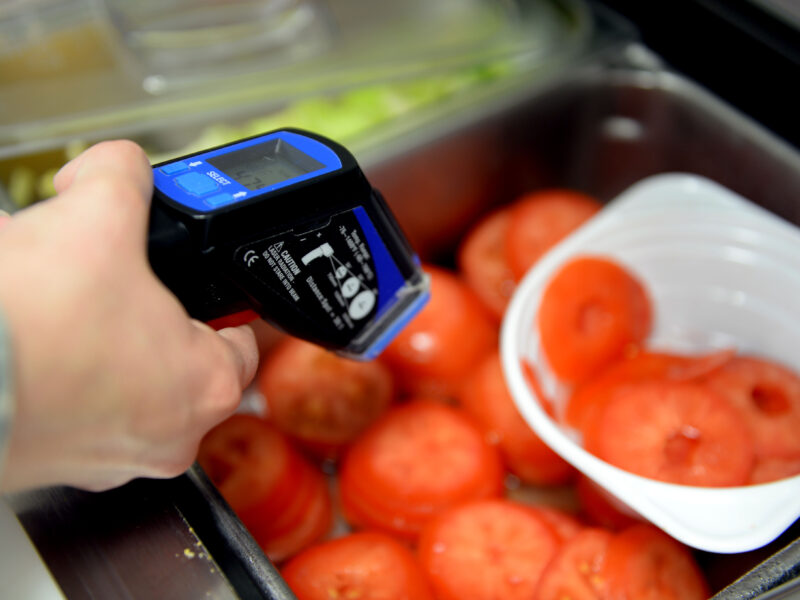Supervising Food Safety: A Guide to Ensuring Compliance and Quality
Effective supervision of food safety is crucial for maintaining high standards and ensuring public health. Whether managing a restaurant, catering service, or food manufacturing business, supervisors play a pivotal role in implementing and monitoring food hygiene practices. This article explores the key aspects of supervising food safety, focusing on UK regulations and best practices.
Why Supervising Food Safety Matters
Food safety supervision ensures:
- Compliance with UK Food Regulations: Adhering to laws like the Food Safety Act 1990 and Food Hygiene (England) Regulations 2013.
- Protection of Public Health: Preventing foodborne illnesses caused by pathogens like Salmonella, Listeria, and E. coli.
- Business Reputation: A clean and safe environment boosts customer trust and satisfaction.
- Staff Accountability: Supervisors ensure employees follow hygiene protocols consistently.
Key Responsibilities of a Food Safety Supervisor
1. Monitoring Food Hygiene Practices
Supervisors must:
- Conduct regular checks on personal hygiene, cleaning routines, and equipment sanitation.
- Oversee food preparation processes to avoid cross-contamination.
- Ensure that staff wash hands regularly and wear protective clothing.
2. Ensuring Proper Training
Food safety supervisors should:
- Organize training programs for employees on food safety and hygiene.
- Stay updated with the latest UK food safety guidelines and share knowledge with the team.
- Conduct refresher courses to reinforce good practices.
3. Maintaining Documentation
Supervisors must:
- Keep records of cleaning schedules, temperature logs, and staff training.
- Maintain a Hazard Analysis and Critical Control Points (HACCP) plan to identify and manage risks.
- Ensure all documentation is up to date and ready for inspection.
4. Conducting Risk Assessments
Regular risk assessments are vital for identifying potential hazards. Supervisors should:
- Analyze every stage of food handling to spot risks.
- Implement control measures to mitigate identified risks.
- Review and update risk assessments periodically.
UK-Specific Food Safety Regulations
Supervisors must ensure compliance with the following regulations:
- Food Safety Act 1990: The cornerstone of UK food safety laws.
- Food Hygiene (England) Regulations 2013: Sets out hygiene requirements for businesses.
- EU Regulation 852/2004: Focuses on hygiene of foodstuffs.
- Health and Safety at Work Act 1974: Ensures a safe working environment for staff.
Best Practices for Supervising Food Safety
Personal Hygiene
- Ensure staff wash hands regularly with soap and water.
- Require the use of hairnets, gloves, and clean uniforms.
- Prohibit food handling by staff who are unwell.
Cleaning and Sanitation
- Implement a “clean as you go” policy.
- Use food-safe cleaning products.
- Pay special attention to frequently used surfaces and equipment.
Temperature Control
- Monitor refrigeration and cooking temperatures using digital thermometers.
- Store food below 5°C for chilled items and above 63°C for hot foods.
- Check delivery temperatures to ensure compliance upon arrival.
Communication and Leadership
- Lead by example to inspire a culture of food safety.
- Hold regular team meetings to discuss improvements and challenges.
- Encourage open communication so staff feel comfortable reporting issues.
Leveraging Technology for Food Safety
Technology can simplify food safety supervision through:
- Digital HACCP Systems: Automating hazard analysis and monitoring.
- Temperature Monitoring Devices: Ensuring consistent cold chain management.
- Food Safety Apps: Providing quick access to regulations and best practices.

